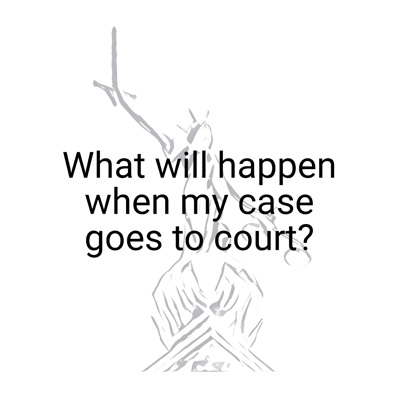Which court will I go to?
Why cases remain in the magistrates' court or go to the Crown Court
All Contents > Which court will I go to? > Should I elect trial by jury? > Magistrates’ Court Trial > Crown Court Trial
“When criminal cases go to court, every case will start at the magistrates’ court and this is where the overwhelming majority will stay. This page explains how some cases can move on to the Crown Court, either for sentence or for trial by jury.”
On this page:
Will my case be heard in the magistrates’ court or Crown Court?
What will happen when my case goes to court?
What is a Summary Offence?
What is an Either-Way Offence?
What is an Indictable-Only Offence?
Plea Before Venue procedure
How do I find out if my offence is Summary, Either-Way or Indictable-Only?
When will magistrates send a case to the Crown Court?
Case Examples - which court will I go to?
When can summary offences be tried in the Crown Court?
Can youths be sent to the Crown Court?
Will my case be heard in the magistrates’ court or Crown Court?
When criminal cases go to court, every case will start at the magistrates’ court and this is where the overwhelming majority will stay. This page explains how some cases can move on to the Crown Court, either for sentence or for trial by jury.
The most serious offences (known as indictable-only offences) will always be tried and sentenced in the Crown Court, but below these are a whole series of offences (known as either-way ofences) which will be heard either in the magistrates’ court or the Crown Court. Below these are the least serious criminal offences which can only be tried and sentenced in the magistrates’ court (known as summary offences).
It is worth bearing in mind that for many summary offences you will not be required to attend court at all, unless you dispute the allegation and intend to have a trial.
For example, many speeding offences are dealt with by fixed penalty notices, allowing you to pay a fine and accept points on your driving licence, or alternatively to go to the magistrates’ court for trial if you dispute the allegation. If a fixed penalty notice is not given for a summary motoring offence, even then you will often be entitled to plead guilty by post and will be notified of the penalty without attending court. In these cases you are likely to be required to attend court only if disqualification from driving is being considered.

















